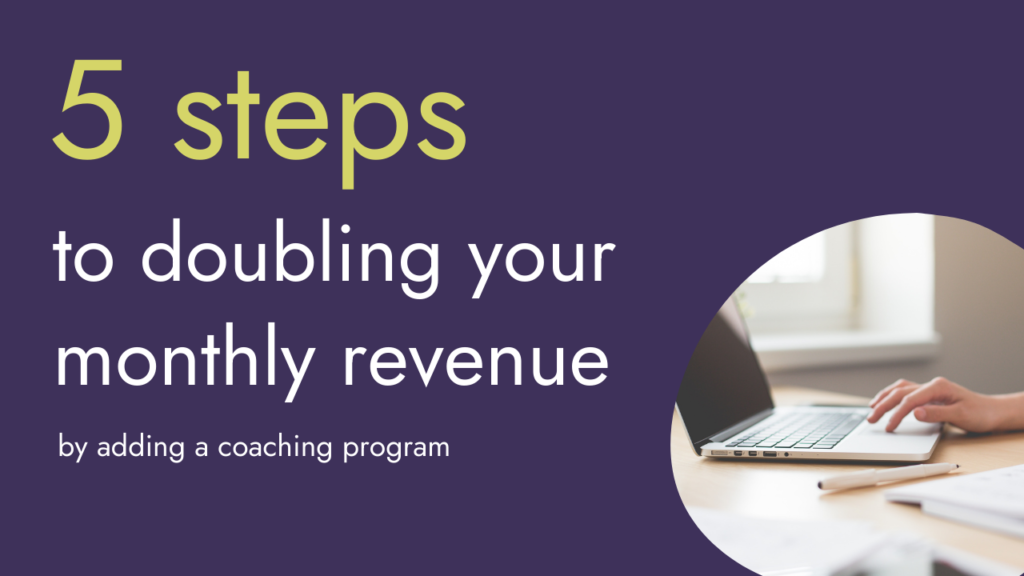The Benefits of Executive Coaching for C-Suite Professionals
Being a C-suite professional can be tough, especially when you’re dealing with the everyday stresses and responsibilities that come with running a company. But what if there was a way to make your job easier and more enjoyable? That’s where executive coaching comes in! Here are just a few of the many benefits that executive coaching can offer C-suite professionals.
Improved Communication Skills
One of the biggest benefits of executive coaching is improved communication skills. As a C-suite professional, you’re constantly communicating with colleagues, employees, and stakeholders. Executive coaching can help you become a better communicator by teaching you effective communication strategies and helping you practice them in real-life scenarios.
Better Time Management
Another benefit of executive coaching is better time management. C-suite professionals are often juggling multiple responsibilities and time becomes a valuable resource. Executive coaches can help you prioritize tasks, identify time-wasters and find efficiencies that allow you to get more done in less time.
Improved Decision Making
As a C-suite professional, you’re also responsible for making important decisions that can have a significant impact on your company. Executive coaching can help you become a better decision-maker by teaching you how to analyze situations, weigh the pros and cons, and make the best decision for your company.
Increased Confidence
Let’s face it, being a C-suite professional can be a daunting task. Executive coaching can help you increase your confidence by teaching you how to set realistic goals, identify your strengths and weaknesses, and develop a plan to achieve your goals.
External Links
- Forbes Article: The Benefits of Executive Coaching for Up-and-Coming Leaders
- Statista: The World’s Most Popular Life Coaching Services
- Is Executive Coaching Worth the Cost?
“What are the typical costs associated with executive coaching for C-Suite professionals?”
I don’t have access to current market prices, but here are some factors that may contribute to executive coaching costs:
1. The coach’s experience and expertise
2. The length and frequency of coaching sessions
3. The level of customization and personalization of the coaching program
4. The size and complexity of the organization or industry
5. Travel expenses for the coach, if applicable
6. The use of assessment tools or external resources
7. Additional support or follow-up sessions, if needed
In general, executive coaching for C-Suite professionals can be a significant investment, ranging from a few thousand dollars to tens of thousands of dollars. The actual cost will depend on various factors specific to each engagement. It’s important to keep in mind that executive coaching is an investment in your own personal and professional development, and the return on investment can be significant. It may lead to increased job performance, improved leadership skills, and ultimately, greater success for your organization.


